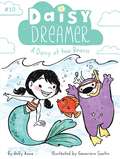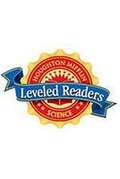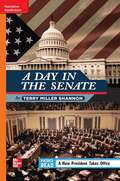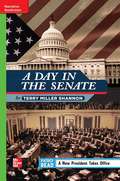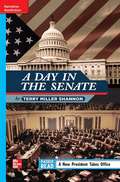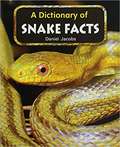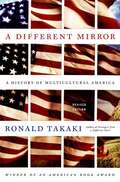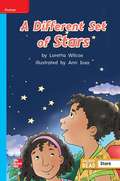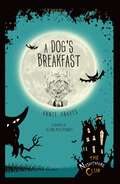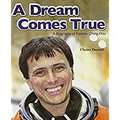- Table View
- List View
A Daisy at the Beach (Daisy Dreamer #10)
by Holly AnnaIn this tenth Daisy Dreamer chapter book, Daisy tries to have a normal day at the beach, but with her imaginary friend Posey around, nothing stays normal for long!Daisy is ready to build sandcastles and swim in the ocean when her family takes a trip to the beach. But when her imaginary friend, Posey, tags along on the vacation, he brings plenty of surprises. With easy-to-read language and illustrations on almost every page, the Daisy Dreamer chapter books are perfect for emerging readers.
A Day Just for Kids (Fountas & Pinnell Classroom, Guided Reading Grade 3)
by Ellen CatalaNIMAC-sourced textbook
A Day Without Reading (Fountas & Pinnell Classroom, Guided Reading Grade 3)
by Jimmy Holder Peter FerlandNIMAC-sourced textbook
A Day in the Life of a Chicken Wrangler
by Jeffrey B. Fuerst Sarah ChenaisHave you ever seen an animal in a movie do a trick and wondered how it did it? Sarah Chenais is a professional chicken wrangler (someone who handles live animals during the making of a movie) who trains her chickens to do all types of amazing things. Read this book to find out what it takes to be a wrangler. (Set of 6 with Teacher's Guides and Text Evidence Question Card)
A Different Kind of Baseball (Fountas & Pinnell Classroom, Guided Reading)
by Sunita ApteNIMAC-sourced textbook. OUT TO THE BALL GAME. Discover a different kind of baseball game, one in which the players wear blindfolds. Sound impossible? As it turns out, nothing is impossible—not even blind baseball—if the players are determined to succeed.
A Different Mirror: A History of Multicultural America
by Ronald TakakiTakaki (emeritus, ethnic studies, U. of California-Berkeley) takes the perspective of ethnic, racial, and national minorities to recount the history of the US since the founding of the first English colony in 1607. The first edition won an American Book Award in 1993. This second incorporates new passages on Franklin Roosevelt's response to the Holocaust, the influx of Southeast Asian immigrants after the Vietnam War, and people pushed northward by poverty in Mexico.
A Dog Named Dad (Fountas & Pinnell Classroom, Guided Reading)
by Neil Chapman Dale-Marie BryanNIMAC-sourced textbook
A Dog's Breakfast (The Nightmare Club #1)
by Annie GravesThe Nightmare Club is not for just ANYBODY. Only the spookiest, scariest stories get told at Annie's Halloween sleepovers―and if you can't take it, well, tough! Getting lost in the woods is no big deal for Glen. It's just one more thing he can whine and complain about. But then he encounters a strange creature―and gets on its bad side. Not long afterward, Glen disappears. What happened to him? Did his mysterious adventure in the woods have something to do with it? Only the members of the Nightmare Club will find out...
A Door for Furball (Fountas & Pinnell Classroom, Guided Reading)
by Mike Phillips Shannon PasseNIMAC-sourced textbook

